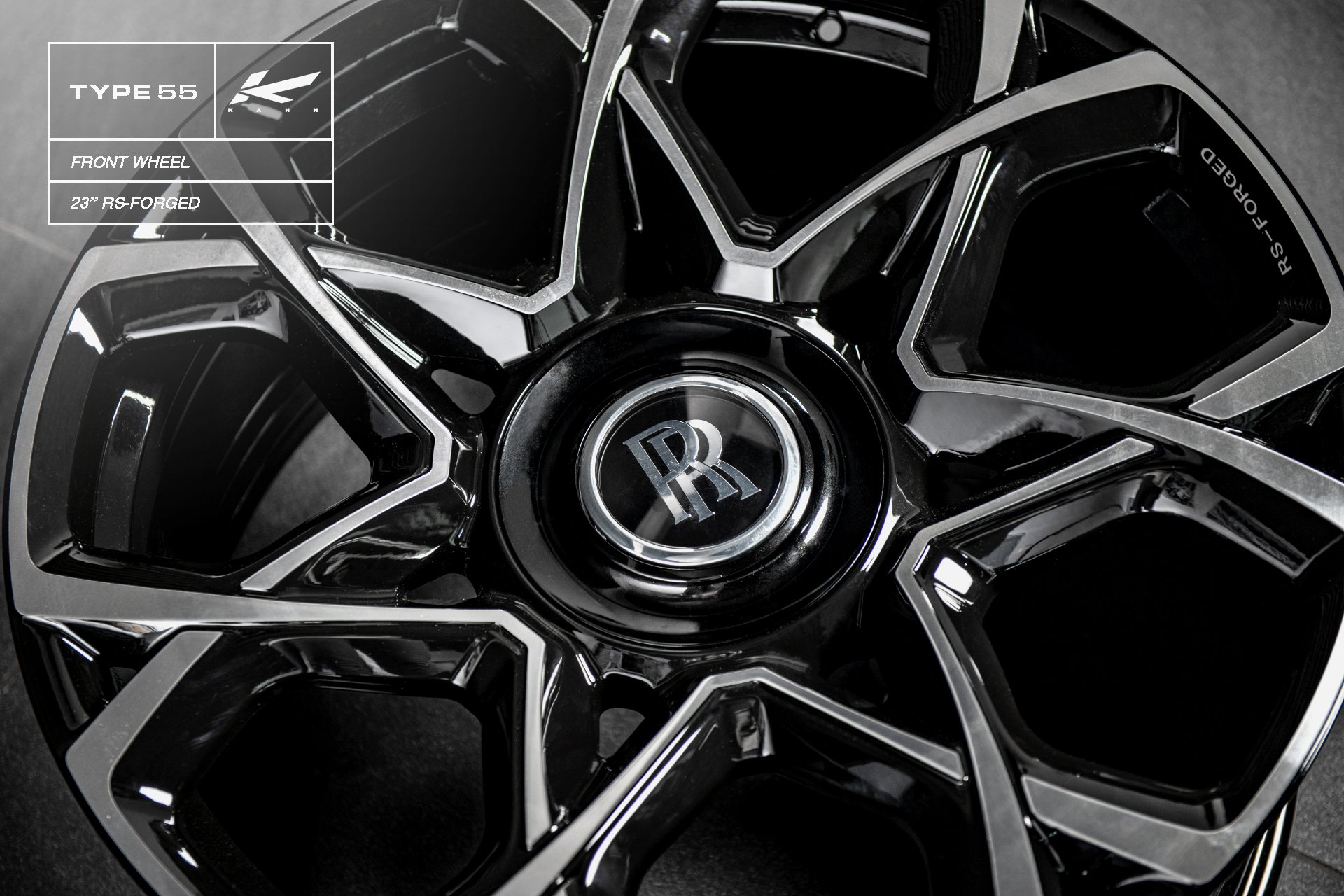Types and Features of Alloy Wheels
Alloy wheels have become increasingly popular among car enthusiasts and casual drivers alike. Not only do they improve the aesthetics of a vehicle, but they also offer several benefits over traditional steel wheels. If you're in the market for new wheels, you may want to consider alloy wheels. In this blog post, we'll discuss the different types of alloy wheels and their features.
Types of Alloy Wheels:
-
Cast Alloy Wheels: Cast alloy wheels are made by pouring molten aluminum into a mold. The result is a wheel that is affordable, durable, and available in a variety of finishes. Cast alloy wheels are a popular choice for many drivers because they offer a good balance of affordability and performance.
-
Flow Formed Alloy Wheels: Flow formed alloy wheels, also known as flow forged wheels, are made using a combination of casting and forging processes. The process involves casting the wheel, then using a high-pressure roller to stretch and shape the metal. The result is a wheel that is lighter and stronger than a cast alloy wheel.
-
Forged Alloy Wheels: Forged alloy wheels are made by using a forging press to shape a solid piece of aluminum into a wheel. This process creates a wheel that is stronger, lighter, and more expensive than other types of alloy wheels. Forged alloy wheels are popular among high-performance car enthusiasts because they offer superior strength and performance.
Features of Alloy Wheels:
-
Material: Alloy wheels are made from a variety of materials, including aluminum, magnesium, and chrome. Aluminum is the most popular material used for alloy wheels because it is strong, lightweight, and resistant to corrosion.
-
Strength: Alloy wheels are generally stronger than traditional steel wheels because they are made from a lighter and stronger material. This strength helps to improve the handling and performance of the vehicle.
-
Weight: Alloy wheels are lighter than steel wheels, which helps to improve the acceleration and braking of the vehicle. This is because less weight needs to be moved when accelerating or stopping the vehicle.
-
Style: Alloy wheels are available in a wide variety of styles, finishes, and colors, making it easy to find a set of wheels that matches your personal style and complements the look of your vehicle.
-
Maintenance: Alloy wheels require regular maintenance to keep them looking and performing their best. This includes cleaning the wheels regularly, checking for damage or cracks, and ensuring that the wheels are properly balanced and aligned.
In conclusion, alloy wheels offer several benefits over traditional steel wheels, including improved strength, weight, and style. The different types of alloy wheels offer varying levels of performance and affordability, making it easy to find a set of wheels that meets your needs and budget. If you're in the market for new wheels, be sure to consider the benefits of alloy wheels and make an informed decision that meets your needs and budget.


Comments